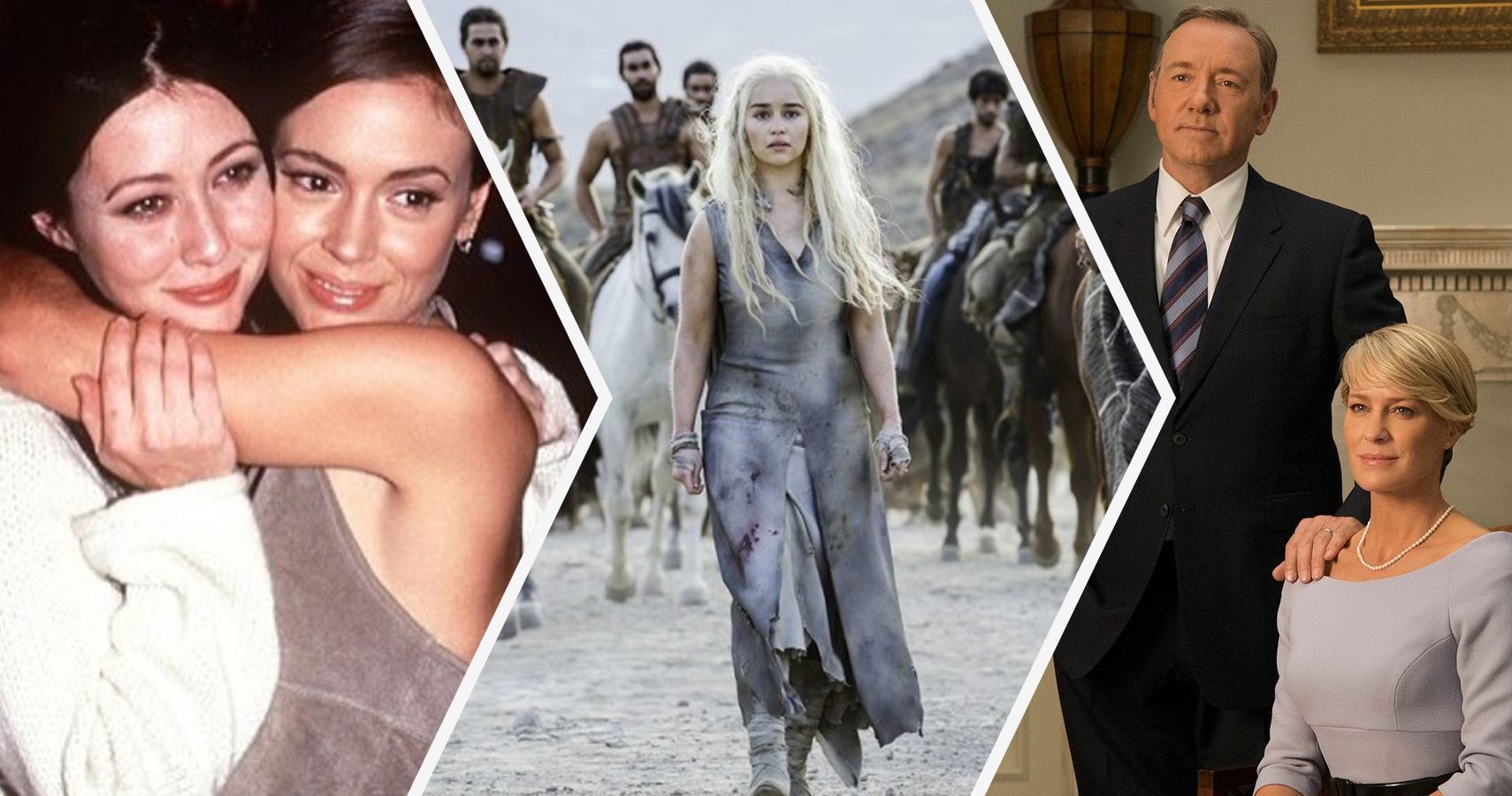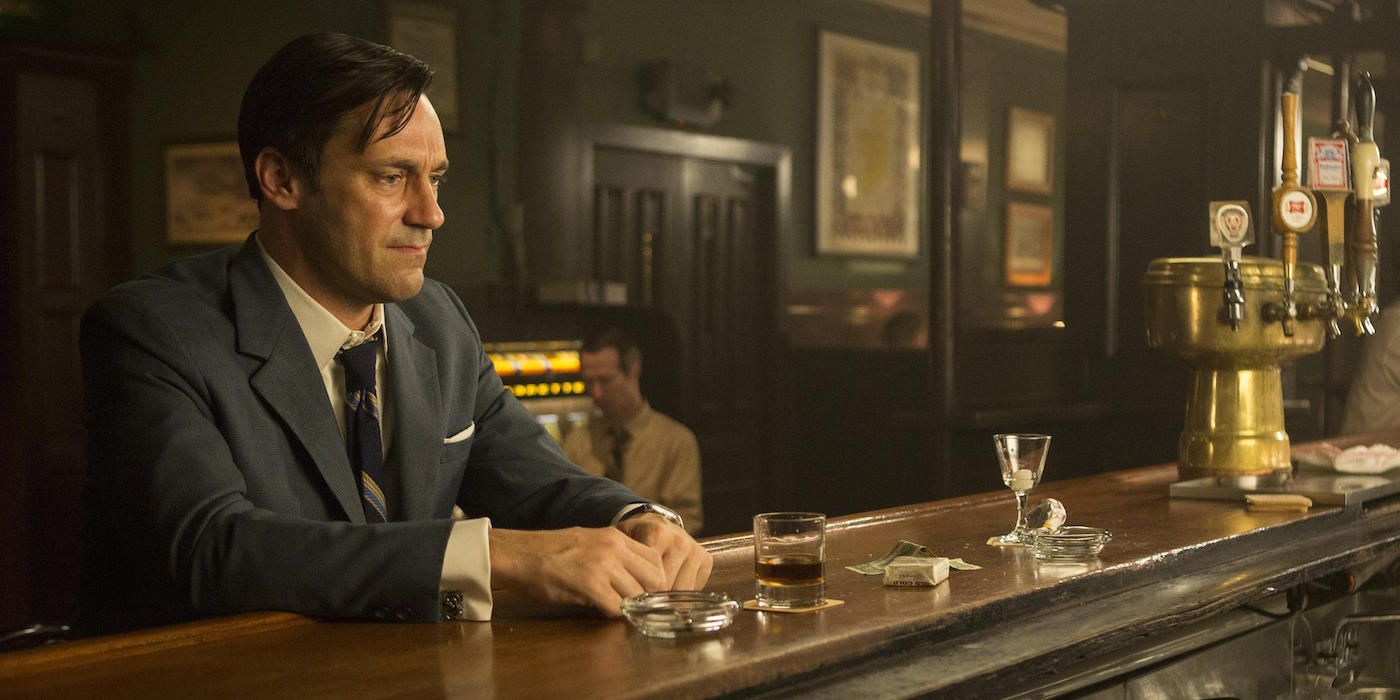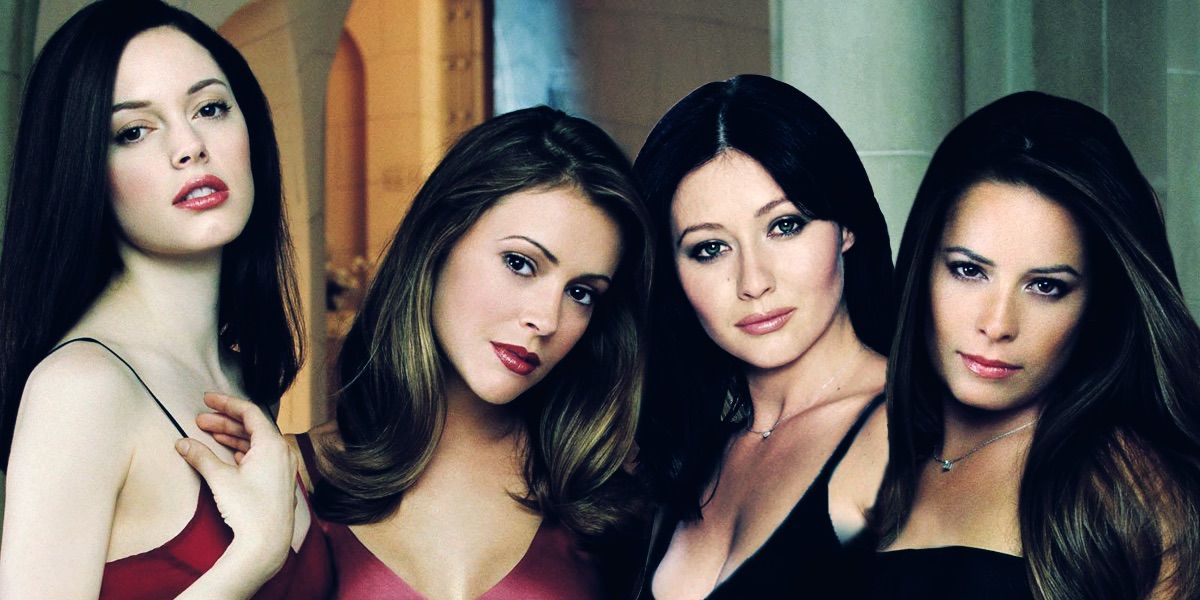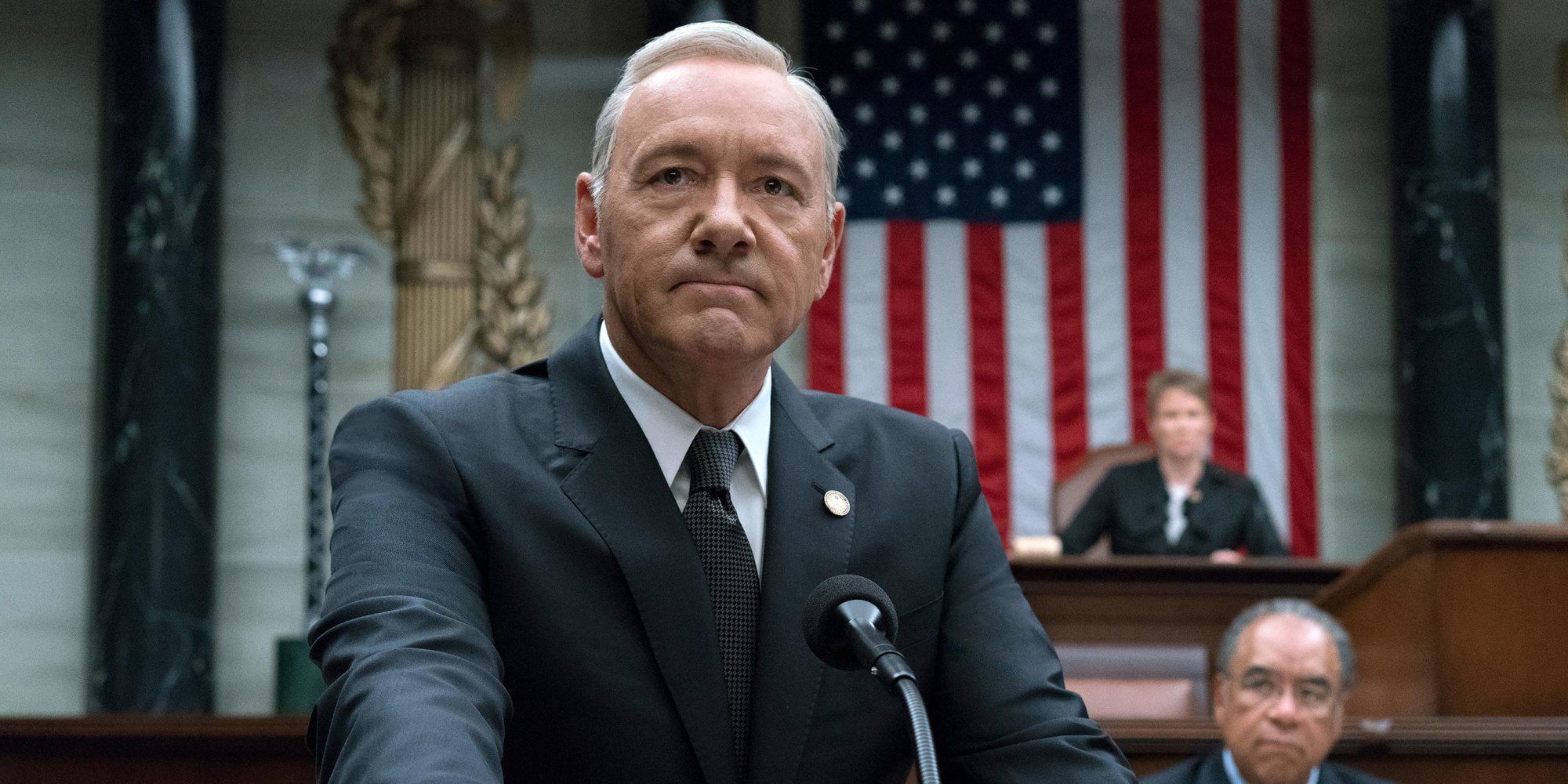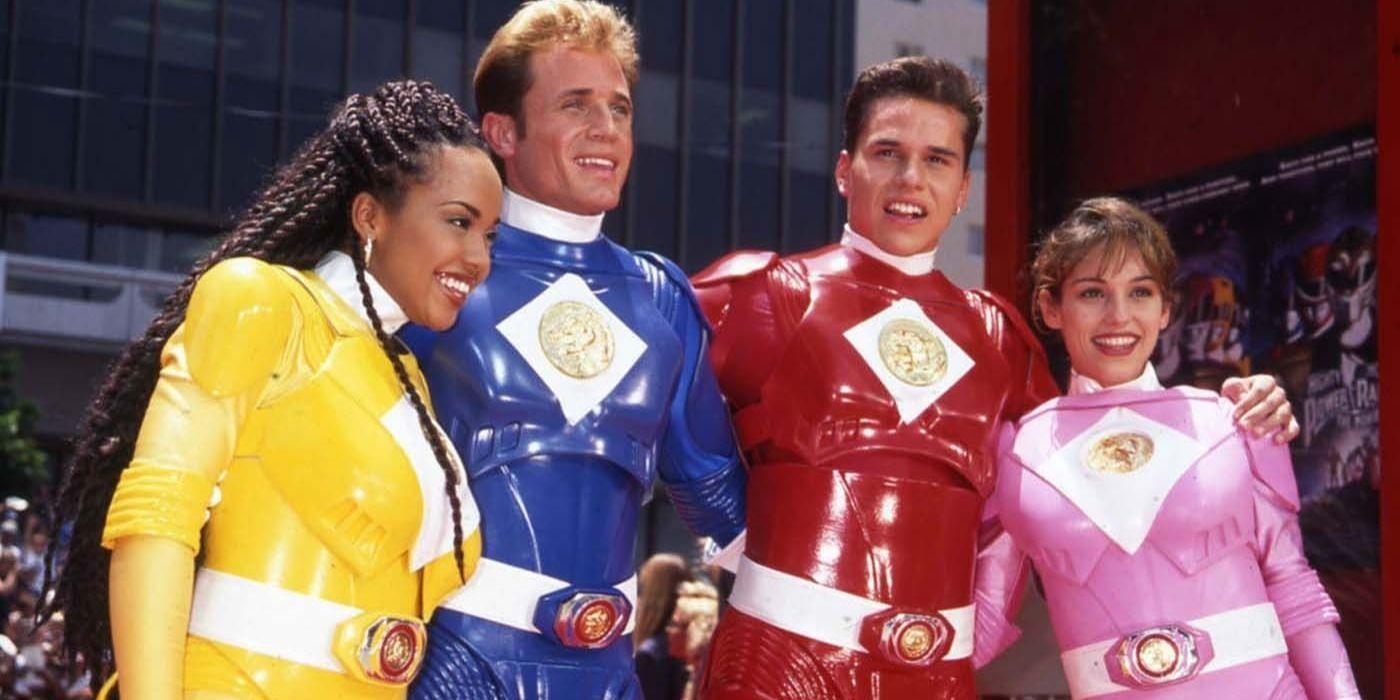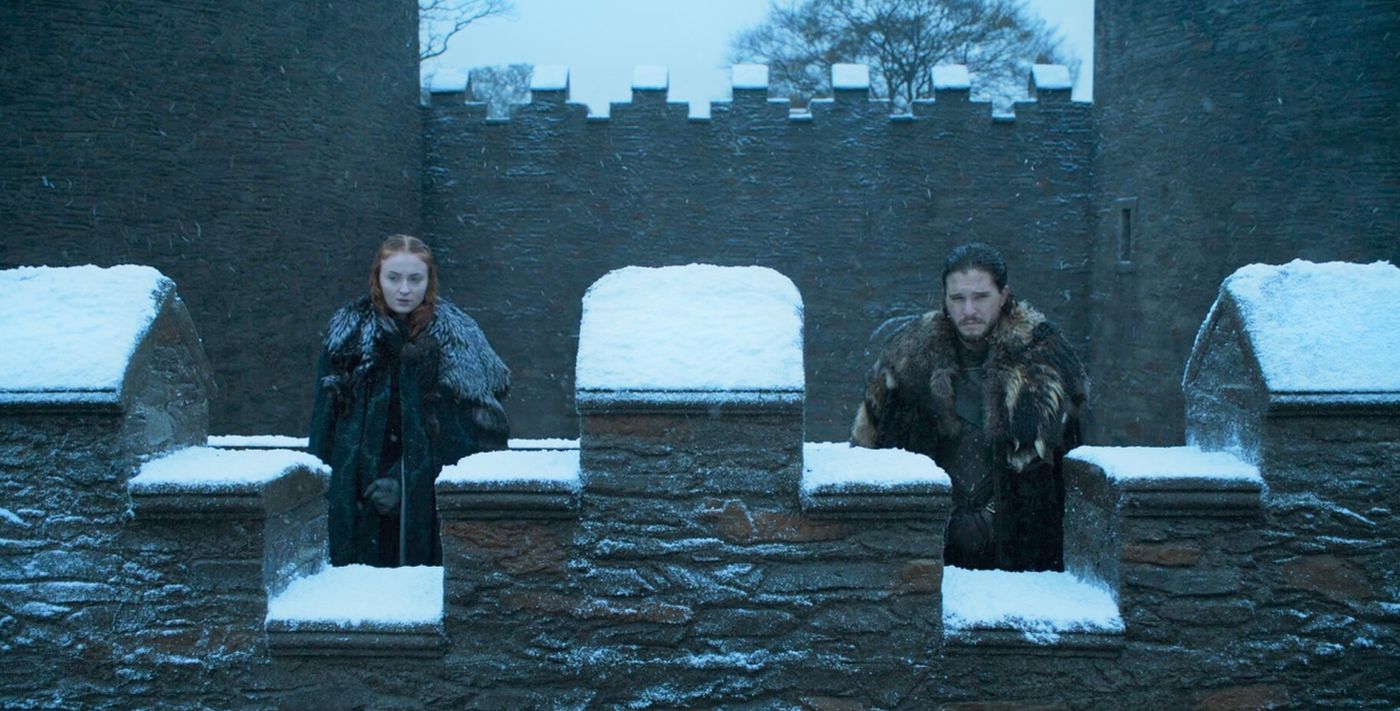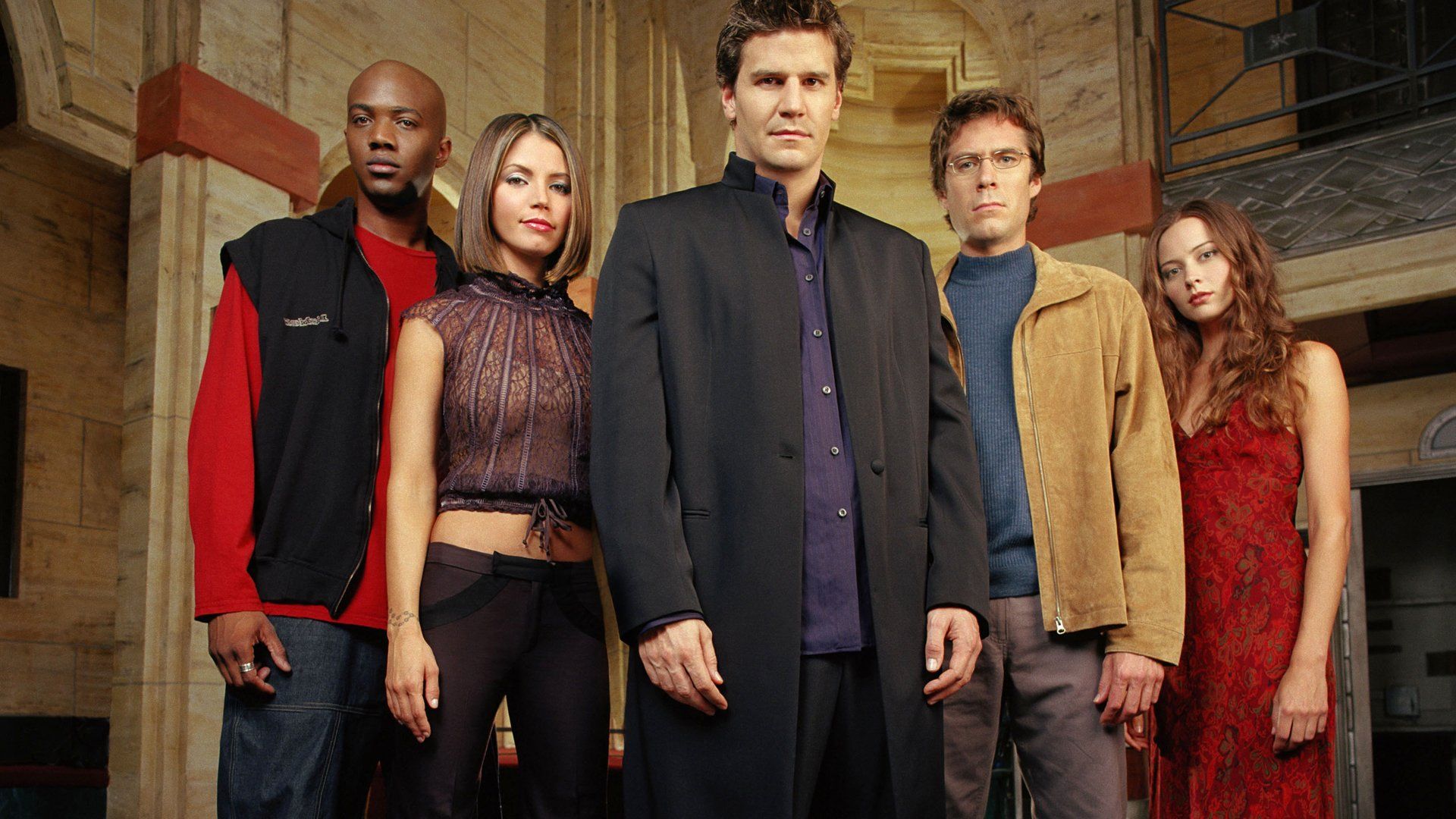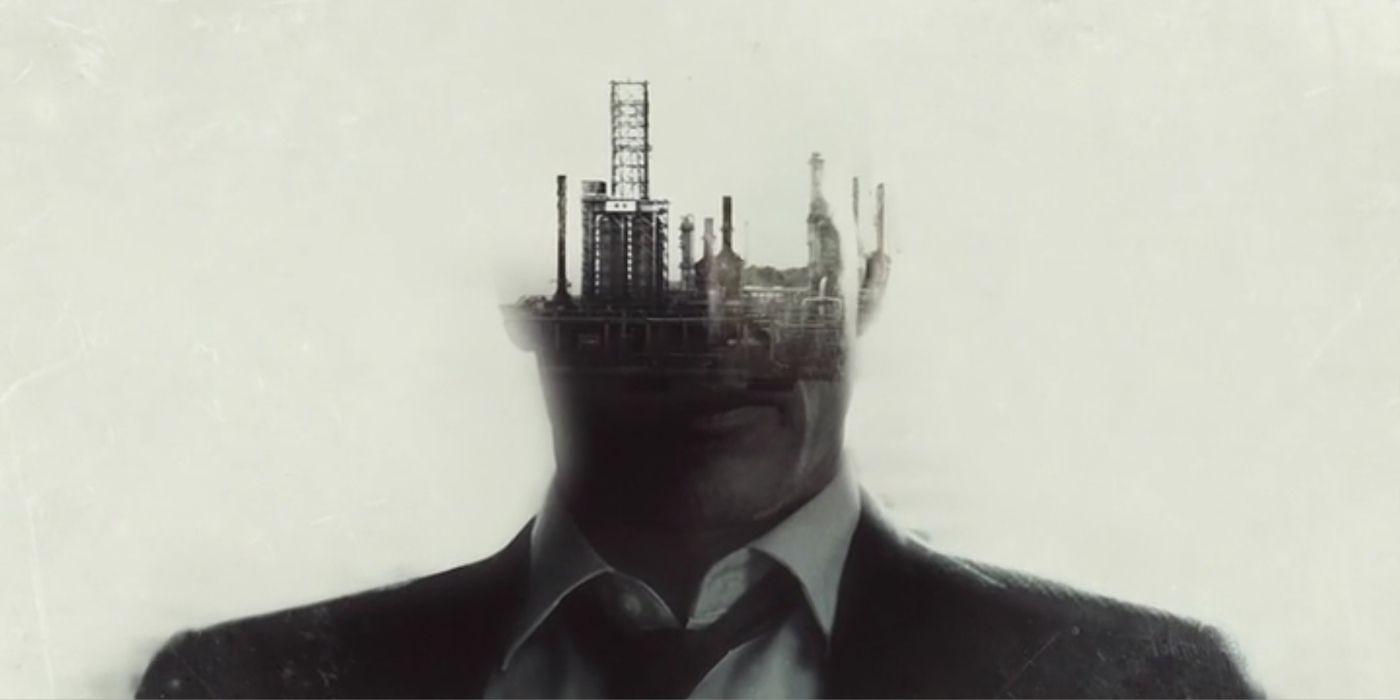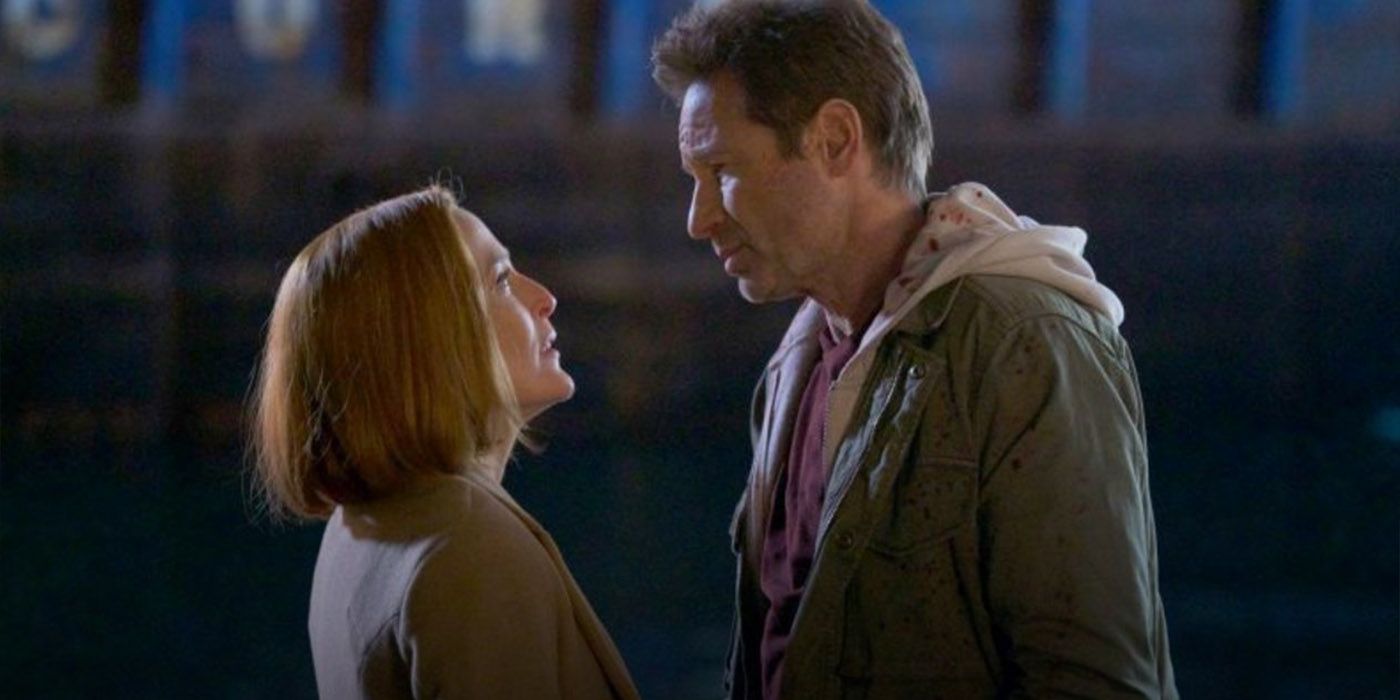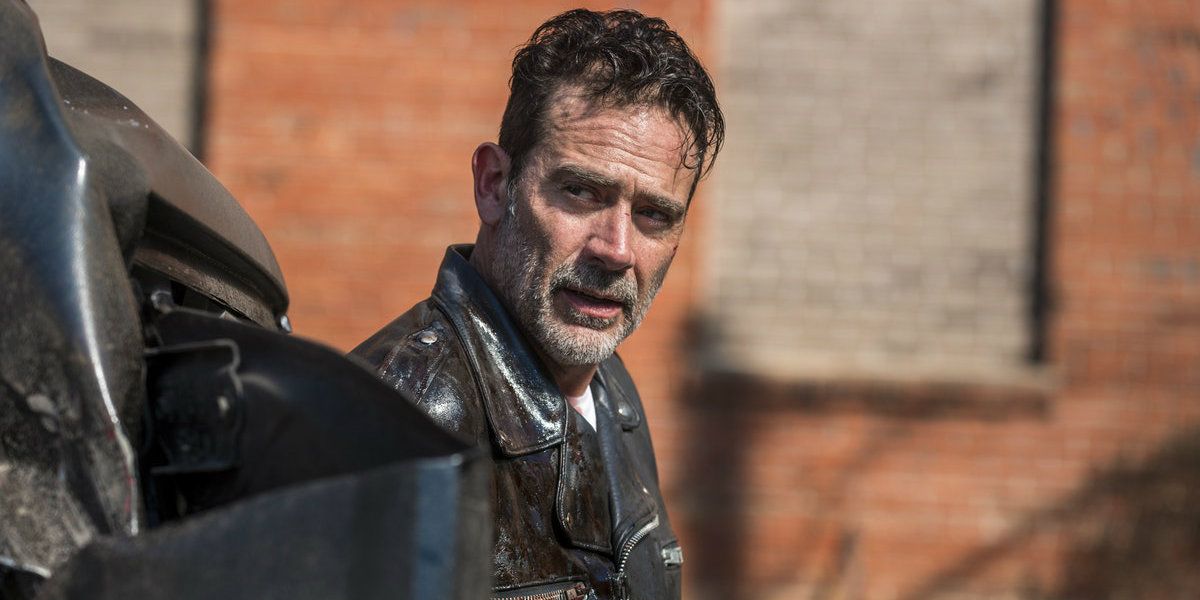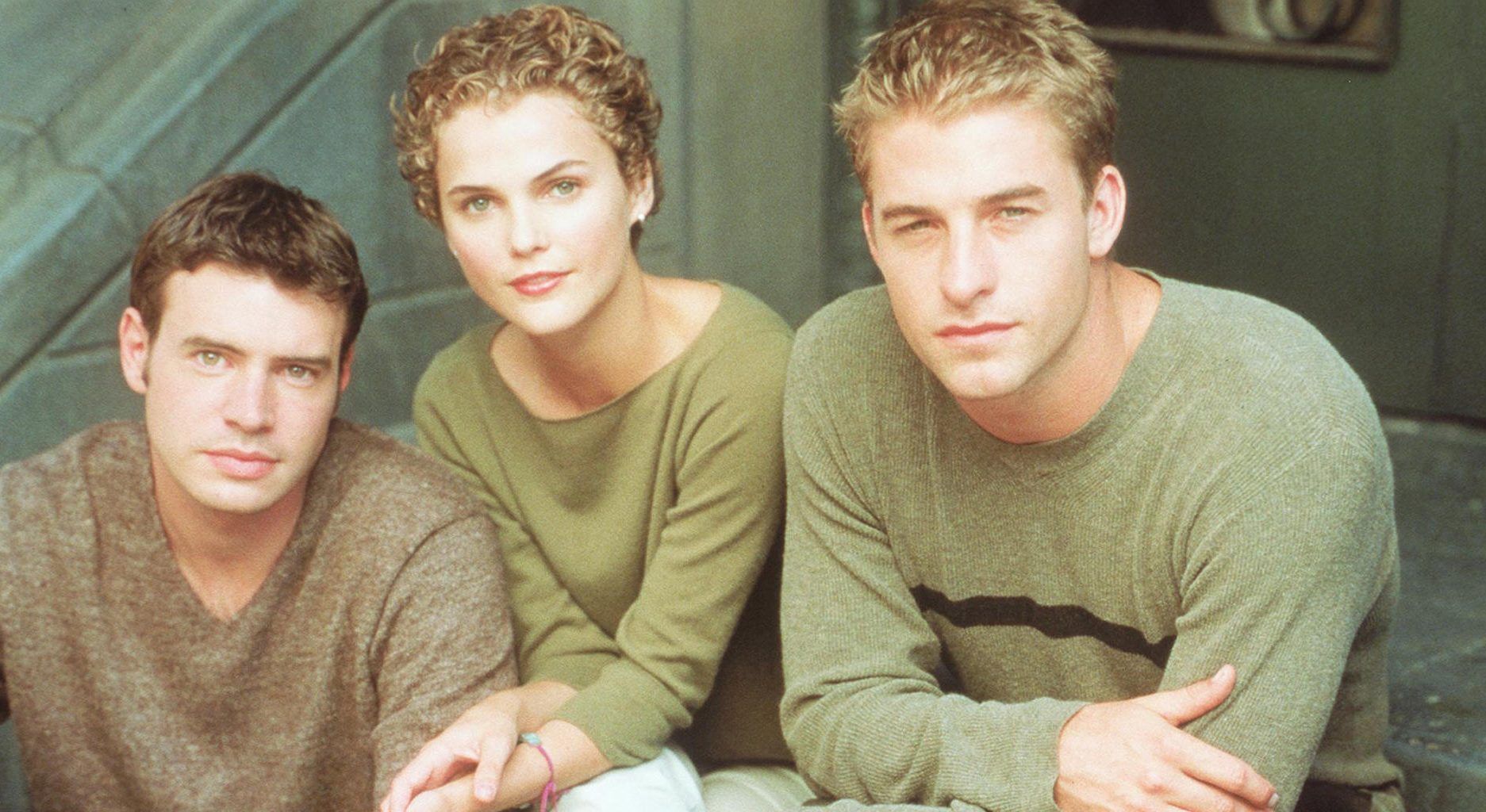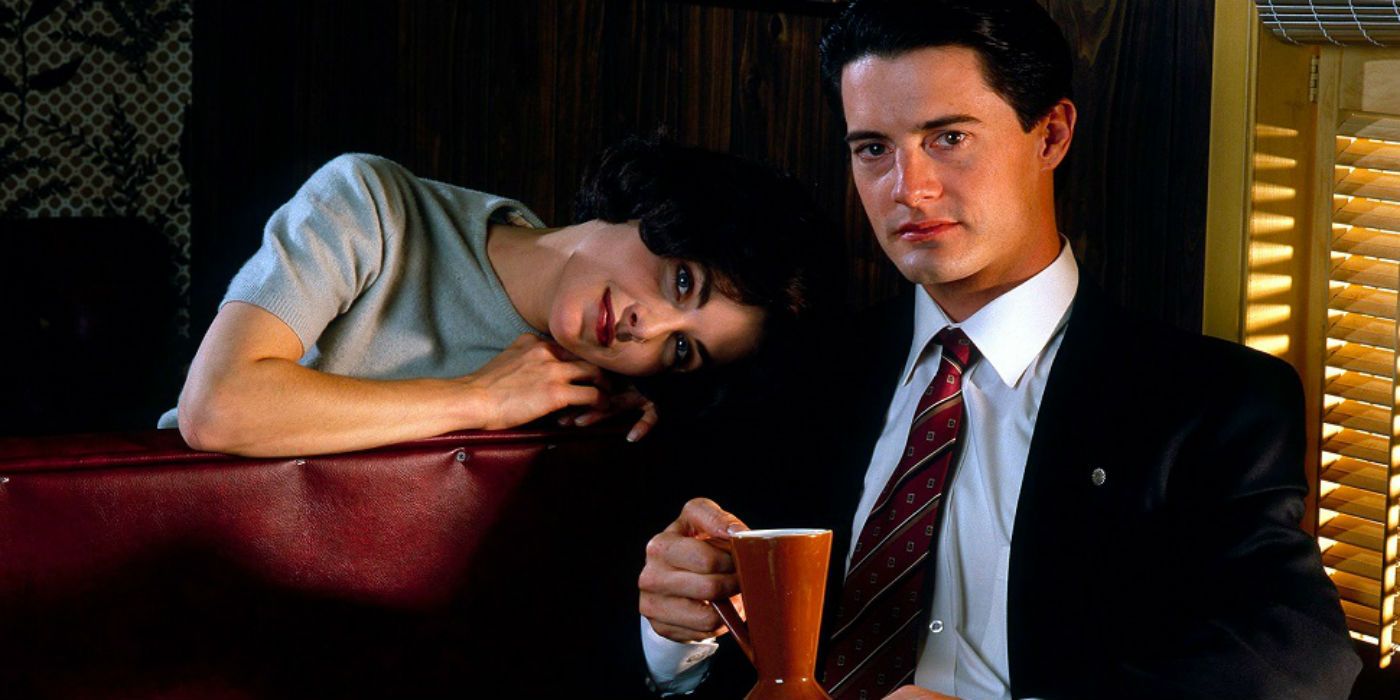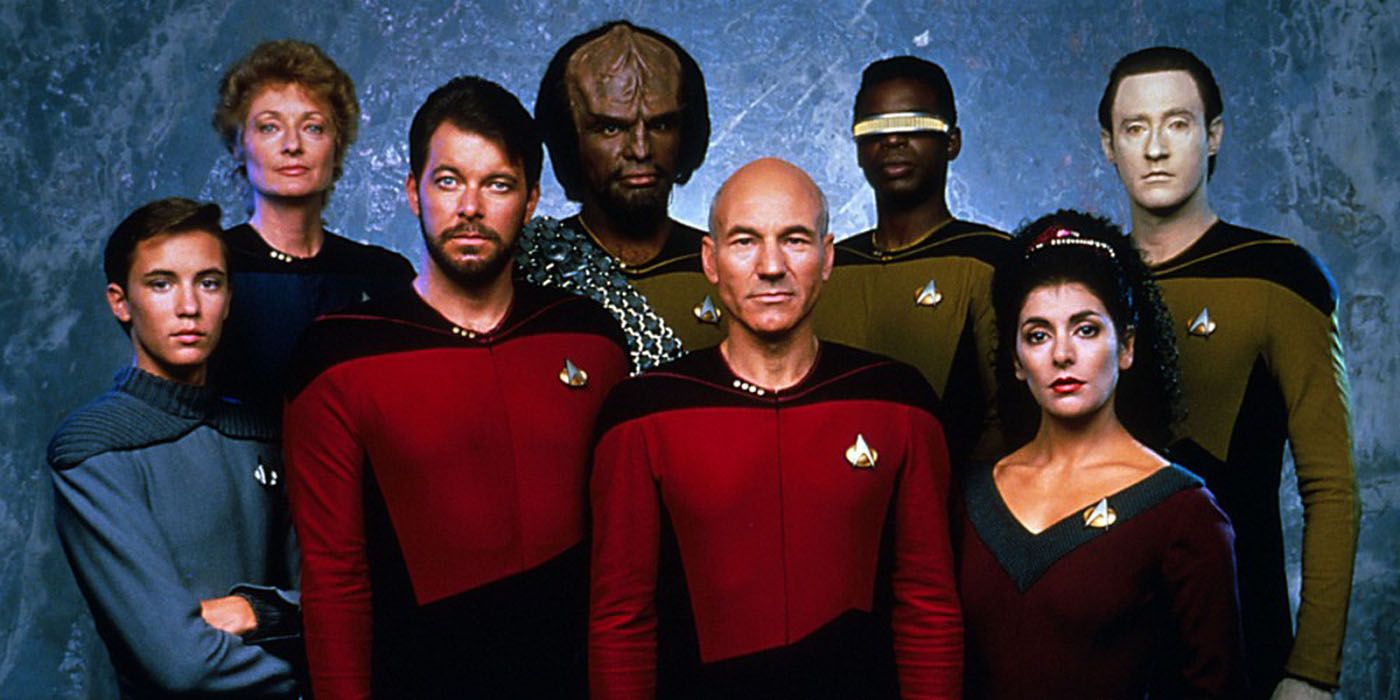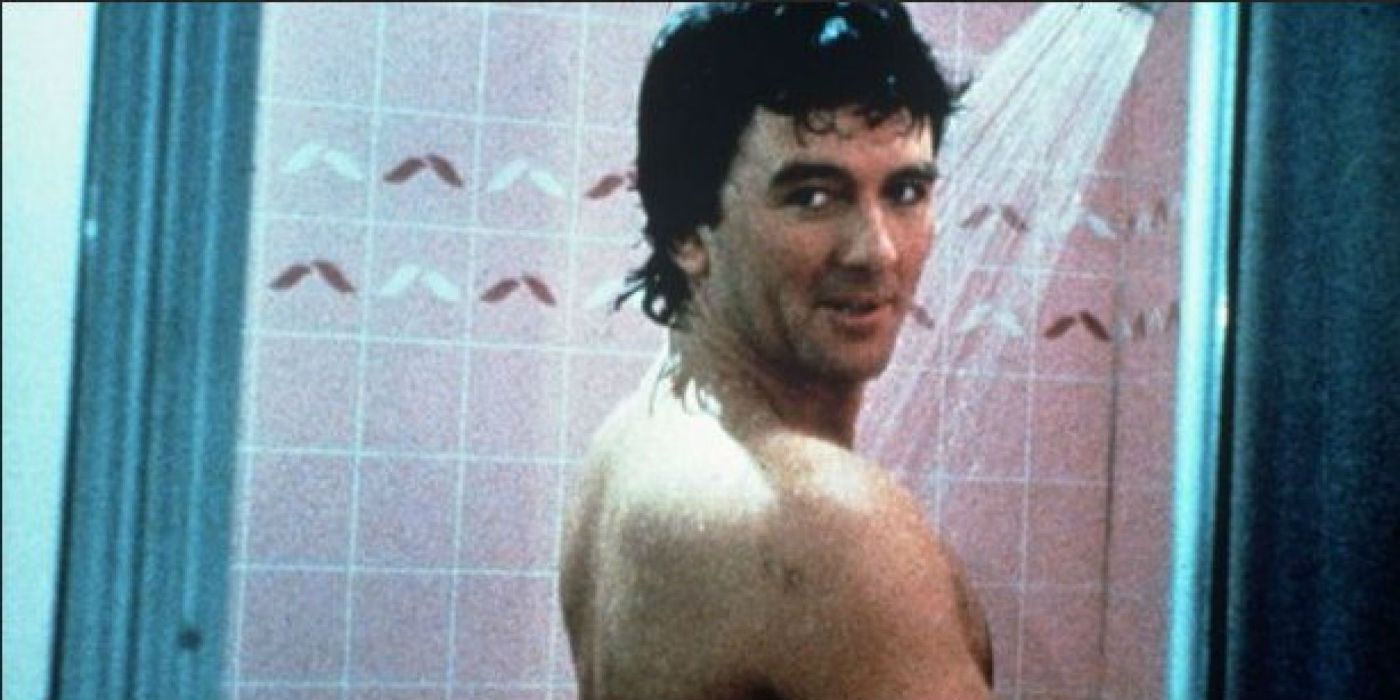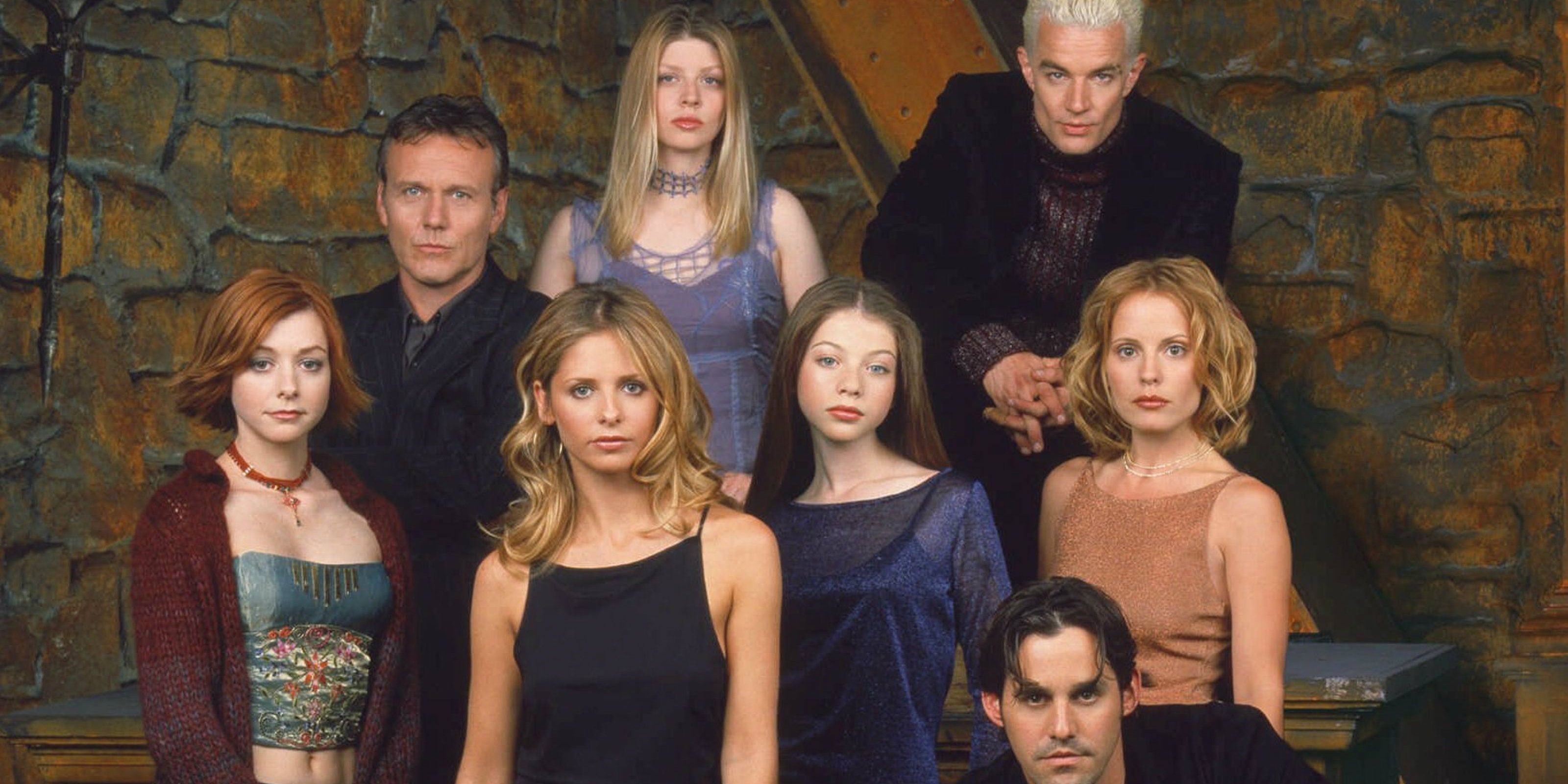The business of telling long form stories is a tough and unforgiving one. Producing a television series is hardly ever without unforeseen bumps and hiccups.
Whether they be chaotic behind the scenes disputes due to a clash of massive egos or bold creative choices not sitting well with a significant portion of the audiences, there will always be hurdles for creatives and producers alike to overcome.
Not even well-planned television shows with all their ducks in a row are immune to this.
However, the greatest television shows are usually canny enough to able to spin some gold from their controversies, to create opportunity from a crisis, and reach awesome new heights as a result.
Buffy and Star Trek: The Next Generation in particular overcame their fair share of controversies, both in front of and behind the camera.
Others, such as House of Cards and True Detective are currently holding on by a thread, their fates up in the air. Then there are those that sadly get irreparably damaged and limp to a finish line to the tepid applause of the very few fans loyal enough to see it through to the end.
With that said, here are the 15 Controversies That Almost Ended Great TV Shows.
Mad Men - Matthew Weiner and John Slattery almost quitting
Mad Men is a show of considerable acclaim and one that put AMC on the map. However, it's season 5 debuted a year later than it should have.
Mad Men was a lucrative show. However, producing something of its A-list quality certainly wasn’t cheap. AMC once again butted heads with a creative Matthew Weiner.
The future of the show, nevermind season 5, seemed uncertain. At one point, Weiner seriously considered quitting, and star John Slattery said at the premiere for the Adjustment Bureau “I’m looking for a job”.
Weiner balked at AMC’s demands, which included shaving off two minutes per episode to make room for more ads, dropping off cast members every season, and for the product placement to be even more transparent.
However, for a show set in Madison Avenue, this seems more than faintly ridiculous and greedy.
Charmed - the feud between Shannon Doherty and Alyssa Milano
Charmed followed a trio of sisters and powerful witches, who protected earth from all manner of warlocks, demons, and an assortment of other unpleasant creatures.
Combining a contemporary setting with mythological themes and textures, the show ran from 1998 to 2006 and was a huge hit.
Shannon Doherty, who portrayed Prue Halliwell, exited the show in its third season. There was reportedly much tension between Doherty and the producers, but tensions were no doubt further inflamed due to the infamous feud between Doherty and co-star Alyssa Milano.
Ever outspoken, Doherty recently made no bones about slamming the wording of the Charmed reboot as “offensive” as it implies the original series wasn’t a feminist one. However, Millano and Doherty recently buried the hatchet.
House of Cards - Assault allegations against Kevin Spacey
Netflix is gearing up for a sixth House of Cards season without Kevin Spacey. Spacey, who portrayed the devious POTUS Frank Underwood, was removed from the show following numerous allegations of inappropriate behaviour and misconduct.
There were also many claims that Spacey created a “toxic” atmosphere on set.
There were serious discussions about cancelling the show – an important prestige show that put Netflix on the map. However, this final season of House of Cards will instead follow Claire Underwood.
There will be only eight episodes instead of the usual thirteen. Whether House of Cards can round out the story in a satisfactory manner without their main character present for a single frame remains to be seen.
Power Rangers - Cast and crew abusing David Yost
Mighty Morphin’ Power Rangers, which ran from 1993 to 1996, was cheap children’s superhero series that nonetheless became a pop culture phenomenon. Five teenagers with attitude are recruited by a benevolent space wizard to defend earth from an evil space witch, essentially.
However, behind the scenes, the Power Rangers weren’t quite as formidable a unit.
David Yost, who portrayed the Blue Ranger, was regularly bullied by members of the cast and crew due to being gay.
During lunch one day, Yost simply walked off the set after being called an offensive term one too many times. Other actors were brought into producers’ offices and quizzed about Yost’s orientation.
Yost, who thought about taking his own life, eventually quit the show altogether. His remaining scenes in Power Rangers Zeo were completed with old footage.
Game of Thrones - the failed pilot
Game of Thrones showrunners Dan Weiss and David Benioff don’t mince words regarding their original unaired GoT pilot, calling it “a piece of sh**.”
It’s undoubtedly a daunting task bringing George RR Martin’s A Song Of Ice and Fire world to life, with all of its historically inspired textures and rich detail.
Not to mention establishing everything necessary for the story going forward while also cutting and moulding it until it’s has a pleasing and comprehensible structure.
The first go around, they failed at that-- hard. After first screening the pilot to friends, Benioff revealed that they had no idea Jaime and Cersei were brother and sister – a major plot point. It was all so dire that they scrambled to recast key roles and 90 percent of the pilot had to be reshot.
What could have been an epic and expensive disaster was saved, ushering in one of the most ambitious and successful television shows of all time.
Angel - Charisma Carpenter's disappearance
A brooding alternative to the spritely and sunny Buffy, Angel followed a tortured vampire with a soul who, along with a few friends, helped the helpless and grappled with whether he could ever achieve redemption for his past dark deeds.
To offshoot Angel’s dreariness was the super wry and sharp Cordelia Chase, who was portrayed by Charisma Carpenter. She was a necessary part of the alchemy of the show, a light in the darkness.
Her storyline in season 4, in which she slept with Angel’s son and birthed a terrifying entity, left fans scratching their heads. Compounding the confusion, Cordelia was left in a coma for the remainder of the show.
Was Carpenter shoved off the show due to her pregnancy? It’s a rumour that has refused to pass away. Joss Whedon has said little on the matter, though he hasn’t explicitly denied the rumours.
“We were revamping the show. It seemed time for some people to move on.” Unsurprisingly, the fourth season is Carpenter’s least favourite.
True Detective - pressures to create a second season
True Detective season 1 was such a gigantic hit that HBO immediately ordered a follow up season.
Nic Pizzolatto, who wrote every episode of season 1 and had been working on it for three years prior to shooting, and director Cary Fukunaga, who lent a distinct artistic input that strengthened Pizzolatto’s stylistic writing, created something that was not so easily repeatable.
However, HBO executive Michael Lombardo was gung-ho about continuing that huge success. “When we tell somebody to hit an air-date as opposed to letting the writing find its own natural resting place, when it’s ready, when it’s baked – we’ve failed. I take the blame,” he said.
Pizzolatto, without help from Fukunaga, had only 14 months to conceive of and execute season 2. This goes some way to explaining True Detective season 2’s haphazard plotting and poorly defined characters. The trust in the series has been shaken somewhat.
The X-Files - the Peacock family storyline
As one of the defining shows of the '90s, The X-Files remains influential well into the 2000s. FBI agents Mulder and Scully-- her the sceptic and he the believer-- made for a dynamite duo.
It’s well-known among X-Files fans that season 4 episode 2, “Home”, is one of the finest hours the show has ever produced.
It’s also perhaps the most gruesome episode of the entire series. The plot centred on Mulder and Scully investigating the Peacock family, a clan of mutant freaks who’ve been inbreeding since the civil war.
The opening of the episode, which included three of the mutant brothers burying their younger brother (son?) alive, insured that this episode would garner a TV-MA rating, the first network television episode to ever earn the rating.
James Wong received a call from a producer, who only exclaimed “You’re sick!" Another producer gravely informed them that the Peacocks will never be allowed to appear on an episode of The X-Files again when the creators expressed interest in a sequel.
“Home” wasn’t rerun until a few years later.
The Walking Dead - the departure of showrunner Frank Darabont
Arguably the decline of the zombie/drama show The Walking Dead can be traced back to season 2, when AMC kicked showrunner Frank Darabont left the project after an excellent and successful first season.
Their disagreements were fundamental-- Darabont wanted fewer episodes and a bigger budget, while AMC wanted more episodes and a lower budget.
Exacerbating matters were Darabont’s emails to the producers, which outlined his frustrations with the writers in rather graphic detail. Further airing his grievances, Darabont claimed that a director turned in footage for an episode that was unsalvageable.
Producer Glen Mazzara, who worked with Darabont as a freelancer in the second season, further backed up Darabont’s complaints with a damning statement: “Given the status of episode 201, I did think episode 201 was a show killer. I did say that.”
Gilmore Girls - production issues that caused Amy Sherman-Palladino to quit
Gilmore Girls detailed the most heart-warming mother/daughter relationship in all of television.
The fast-paced screwball comedy dialogue and the small-town charm of fictional Stars Hollow was just gravy atop that foundations. It was all courtesy of creator/showrunner Amy Sherman-Palladino.
However, contract negotiations fell through before the seventh season, causing Palladino and her husband/writer Daniel Palladino to depart the show.
Their creative void led to some extremely questionable and uncharacteristically mean-spirited storylines, like Lorelai spontaneously marrying her long-time ex Christopher and Lane getting pregnant after a bad wedding night with her new husband.
However, there was an assortment of other production issues that prompted the Palladinos to call it quits. Their personnel base was lacking in the writers and director department and their requests for more bodies were ignored. Shockingly, they didn’t even have a director on staff.
Felicity - negative fan reaction to Felicity cutting her hair
Felicity, created by Matt Reeves and JJ Abrams, revolved around a young woman and her college experiences at the fictional University of New York. It was a modest coming of age drama that lasted for four seasons.
There was something of a pop culture explosion that transcended the bounds of the show itself, however, when the titular heroine decided to shave off her luscious locks in season 2.
The loss of those curls provoked such fiery negative reaction among the fans that Felicity could never quite recover from. Her mane was a selling point of the show to interested viewers-- it certainly looks striking on a moody poster.
Why, beyond being conventionally attractive, the curls were so important remains elusive. After all, Sarah Michelle Gellar cut her long hair quite short in season six of Buffy and that didn’t seem to cause a fuss.
Twin Peaks - ABC forcing Mark Frost and David Lynch to wrap up the mystery
“Who killed Laura Palmer?” is a question that haunted viewers and the characters in Twin Peaks. However, it was a question that was never meant to be answered. It was a starting off point, or “The goose that laid the golden eggs,” as David Lynch put it.
Nevertheless, perhaps not really getting the show, ABC forced Mark Frost and David Lynch to definitively answer the mystery.
Once they did, Twin Peaks seemed to lose its way and become increasingly campier and nonsensical.
However, Lynch himself has harsher words for the second season: “It got very goofy and stupid in its second season; it got ridiculous. It got so bad that I stopped watching.”
Luckily, Lynch got to redeem Twin Peaks’ good name with the recent third season -- a work as meditative, elusive, maddening, and original as he’s ever done.
Star Trek: The Next Generation - Gene Roddenberry and Leonard Maizlish pushing the crew too far
Gene Roddenberry, who created the original '60s Star Trek series, very nearly tanked the entire production of its successor, Star Trek: The Next Generation.
It’s been well documented that Star Trek: The Next Generation struggled to find its feet in the first season. However, Roddenberry, with his huge ego and humanist utopian vision, which makes for undramatic storytelling (conflict is kind of necessary in order to write, well, a drama), nearly derailed the whole thing, along with his hatchet man attorney Leonard Maizlish.
Maizlish was such an abrasive terror and control freak that writer David Gerrold openly fantasized about pushing him out of a window.
Many of the crew and writers left the show out of sheer frustration. Roddenberry was also adamant that Patrick Stewart not be cast as Captain Picard.
Dallas - Bobby Ewing's demise
The primetime soap opera Dallas, which ran from 1978 to 1991, followed the Ewing family, a clan who owned the Ewing Oil empire.
When scheming, love-to-hate villain J.R was shot by a mysterious assailant, Dallas firmly cemented its place in pop culture, ensuring a reputation long after it would be done. It was the show that defined water-cooler television.
The show entered an irreversible decline in its ninth season, though, otherwise known as the dream season. In this season, Bobby Ewing's life is taken, likely due to the actor wishing to pursue other options.
However, that didn’t work out, because they brought the actor back and waved the whole season away – an entire 31 episodes – as Bobby’s wife, Pam’s, dream. It was a storytelling misstep of legendary proportions.
Buffy the Vampire Slayer - the turn of season 6
After a rocky first season, Buffy the Vampire Slayer hit its stride in its second season. It achieved a new level of greatness in season 5, when Buffy sacrificed herself to save her sister and the world.
Resurrecting Buffy in season 6, and thereby negating her sacrifice somewhat, turned out to be the least controversial aspect of that season.
The tone turned quite bleak all of a sudden-- a depressed Buffy entered into a saucy affair with a former enemy, Willow became a pathetic addict, and Xander left his girlfriend at the altar. Though it has received a critical reappraisal years later, it’s still a divisive season at best.
Evidently Sarah Michelle Gellar agreed. She thought her dark storyline was nothing less than an absolute betrayal of everything Buffy stood for. Yikes.
---
What controversies do you think should have made the cut? Comment and let us know.

